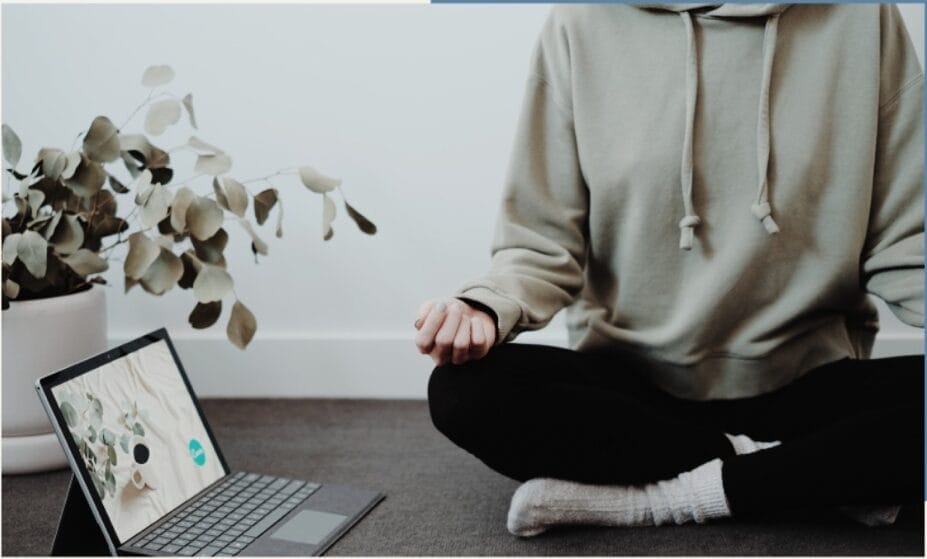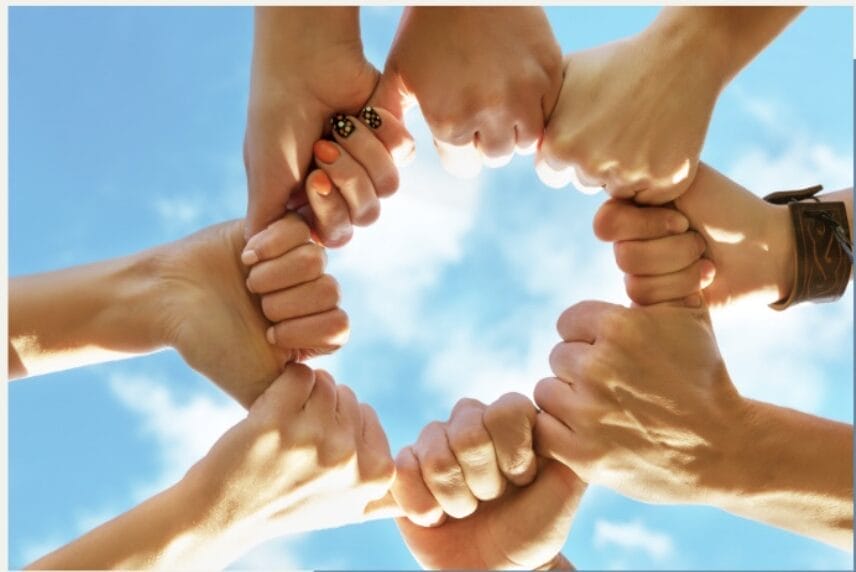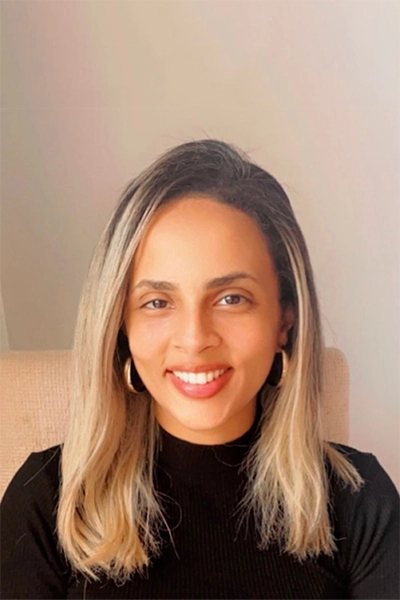The question of “who you are,” is at the heart of most college application essays: “Who are you? How do you plan to give back to your community? If you could teach a class, what would it be? What would you like your roommate to know about you?” The root of these questions hints at an undercurrent of knowledge of self. The college admissions process demands students to reflect on and share different parts of themselves. With AI taking a more prominent role in the admissions process it is now more crucial than ever for students to know what sets them apart, as application processes will be looking for greater individuality. The university experience itself tests our self-awareness and teaches students that the key to growth and learning starts with understanding where our starting point is, what our strengths are, and what path we are embarking on.
The more clearly a student understands themself, the clearer their decisions and the more guided their actions will be. Even if their decisions do change, self-awareness helps students lead with self-determination making their choices intrinsically guided. Self-advocacy, or the ability to speak up for ourselves, becomes increasingly efficient when coupled with self-awareness; students know who they are, where they stand, what they want, what they don’t want, and what situations trigger their positive and negative moments. In order for students to clearly communicate their interests, they must first understand what they are.
Self-awareness gives students the confidence to live in their individuality and authenticity. To be who they truly are. This allows each student to search for the career path and university that most align with their authentic self and to build habits that support those unique sets of strengths and skills. Rather than fitting a certain expected mould for success, like studying medicine for example, self-awareness gives students permission to look at the bigger picture of their authentic self. It allows each student to decide for themselves how they will succeed and what they can offer the world. Perhaps they do indeed have a passion for service and helping others but their strengths lie in a different field. Perhaps they prefer something with less competition in which it is easier to achieve a work/life harmony. Either way, a student must first become aware of themselves, their strengths, the circumstances and environments that catalyse their well-being, in order to start making these decisions.
What is Self-Awareness?

There are various ways to define self-awareness. At RS-Ed we take an approach that integrates the importance of knowing both our strengths and our weaknesses. We define self- awareness as the ability to recognize our own thoughts, patterns, feelings, and habits. Self-awareness accepts the negative and positive aspects of ourselves and allows us to discern the internal and external factors that influence our behaviour.
It is important to note that self-awareness is a crucial step towards taking accountability for our actions, and not a way to justify negative behaviour. It also helps us strengthen the positive. This is essential in enhancing our intra as well as interpersonal relationships. Self-awareness coupled with guided action empowers us to tap into our strengths to rewire negative patterns. This knowledge empowers us towards taking steps towards our authentic self.
Self-Awareness and Others – Intent and Impact

Being self- aware also extends to recognising how actions are perceived by others. This allows us to understand that positive intent does not always translate into positive impact. Acquiring self-awareness allows us to take actions that align with our most authentic self. It is acting with purpose and being mindful of the impact of our actions. This helps us in strengthening our relationships with others and ourselves.
Three Ways to Develop Self-Awareness
- Practice Mindfulness
- Mindfulness intentionally brings our attention to the activities we are engaging in. The benefits of mindfulness have been proven in many case studies stating that it can improve our physical as well as psychological health.
- Mindfulness practices include meditation, mindful breathing, guided meditation, paying attention, and more. All of these activities centre around the idea of being actively present. Knowing how our body is responding to the current scenario, what thoughts our mind is feeding us, and what emotions are coming up accordingly?
- Understand how your brain works
- You can do this by journaling and noticing patterns of behaviour. Journaling prompts reflection. Reflection, especially in writing, enables us to process events and gain perspective. There is a healing property to be found in writing that can trigger self-improvement and growth.
- Participate in specifically designed courses/ sessions that support you in recognizing your own thought patterns, feelings, and behaviours as well as how to challenge them. Recognizing our patterns in feelings and behaviour gives us the opportunity to better understand our negative feelings, challenge the underlying thoughts, and ultimately change our behaviour. There are many online platforms that offer opportunities for courses like these. RS-Ed offers personalised packages designed to meet individual needs like these.
- Envisage the best version of yourself
- Visualise your ideal self. Think about the strengths that self-possesses. What does that ideal self look like? What do they sound like? What are they doing? Where are they living? What strengths are they utilising in their everyday life? How are they utilising them? What are they doing? What kind of relationships do they have? Visualise this person as if they are a character in a movie. See them clearly. Hear their voices.
- This is the most important part: Identify the difference between where you are now and where your ideal self is. Be completely honest with yourself. Now start making goals for slowly bridging that gap. It could be as simple as making changes to your wardrobe, your daily routine, setting boundaries in your connections with others, whatever it may be. Make it so that if someone was to look at a slice of your every day, they would see a little bit of your ideal self in there. This will help in getting to know yourself more, and setting goals that align with your most authentic self.
Resources
Reflection
Journaling: Harnessing the Power of Reflective Writing
Mindfulness
Mindfulness exercises – Mayo Clinic
RS-ED
AI



